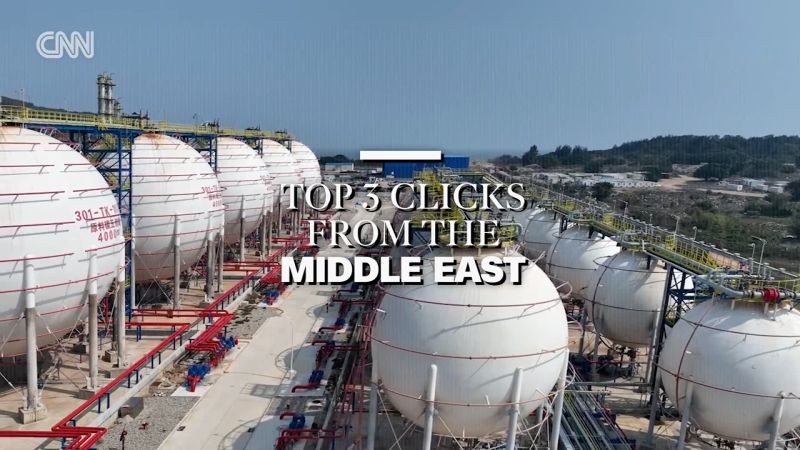Gulf Diplomacy and Energy Titans: Inside Trump's High-Stakes Middle East Blitz

In a dynamic shift of global energy partnerships, the Middle East's oil giants are making strategic moves that signal a growing alignment with Chinese technological and economic interests. As US President Donald Trump prepared to visit the Gulf region in May, Abu Dhabi's state-owned energy powerhouse ADNOC was simultaneously forging significant deals with China, demonstrating the region's expanding diplomatic and economic horizons.
Simultaneously, Saudi Aramco, the world's largest oil company, took a bold step into the future of transportation by partnering with BYD, China's leading electric vehicle manufacturer. This collaboration aims to co-develop cutting-edge technology, highlighting the Kingdom's commitment to innovation and diversification beyond traditional petroleum sectors.
These developments underscore a rapidly evolving geopolitical landscape, where strategic energy partnerships are increasingly being reshaped by emerging technologies and international economic dynamics. The moves by ADNOC and Saudi Aramco reflect a nuanced approach to global engagement, looking beyond traditional Western alliances and embracing new opportunities in the East.
